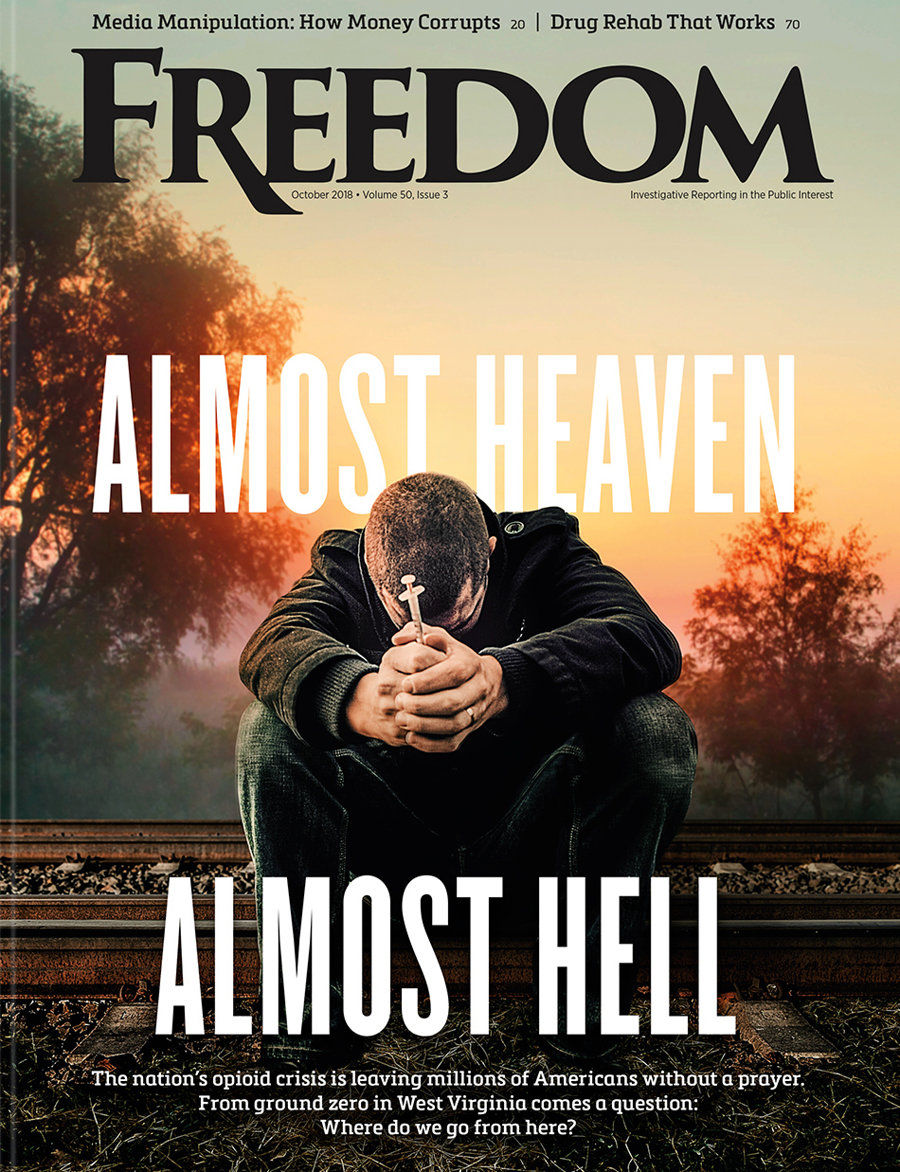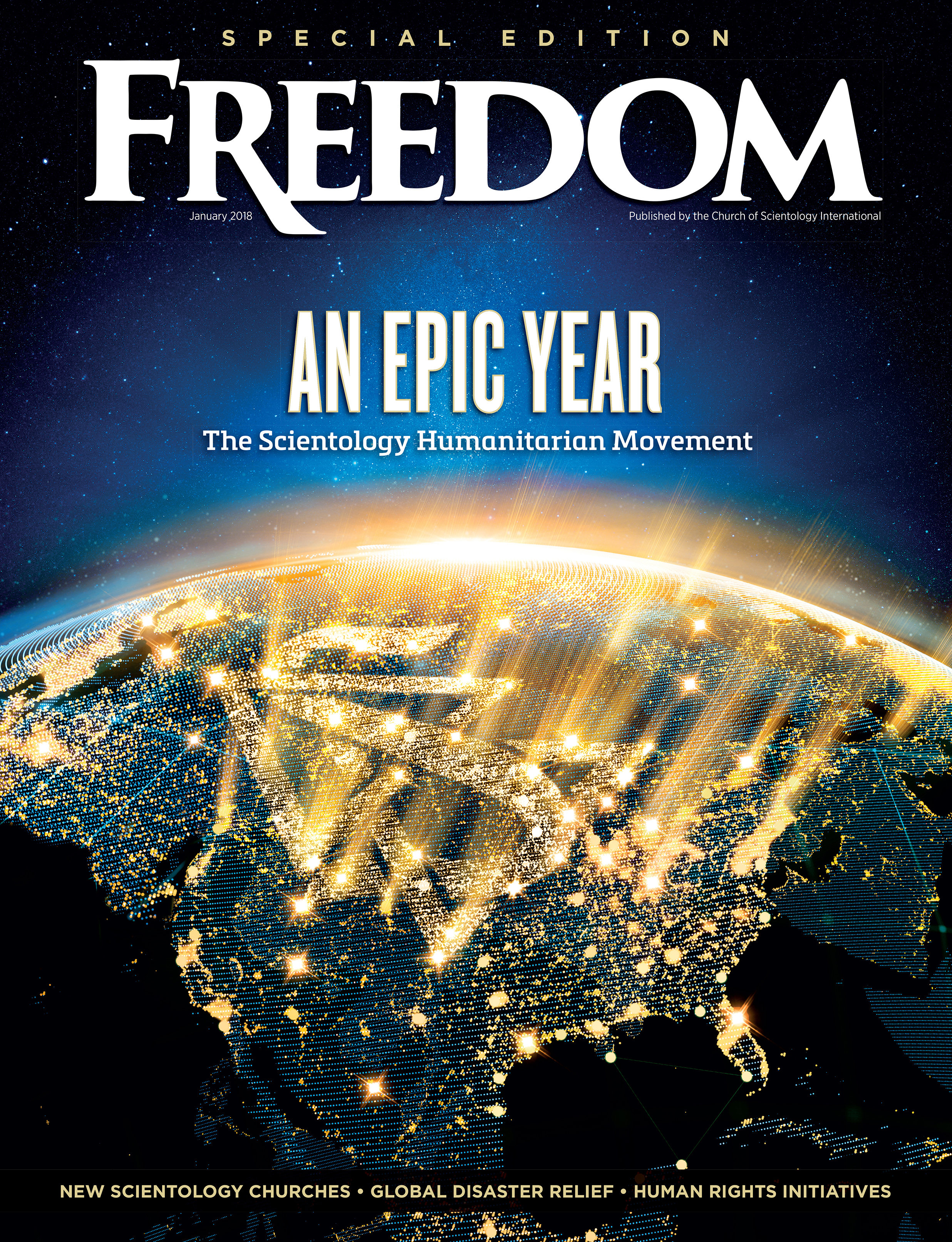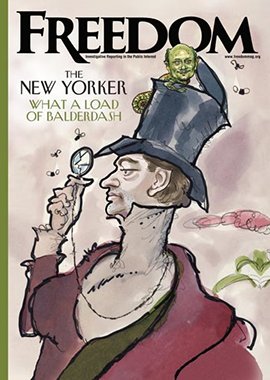Captured on video, Operation FAFO (Fool Around and Find Out) involved drones, high-tech equipment and officers who posed as undercover buyers and sellers. The two-day sweep was coordinated with the California Highway Patrol, Rancho Cordova Police Department, California Department of Justice Human Trafficking Team and victim advocacy groups Drive for Impact and the Sacramento Family Justice Center.

“This sting sends a clear message to those involved in the illegal sex trade: We are committed to protecting our community from exploitation, especially our most vulnerable,” said Sacramento County Sheriff Jim Cooper. “Human trafficking, especially the exploitation of minors, is a serious crime and we will continue to work tirelessly to bring justice to victims.”
Just over a month earlier, a similar operation in Florida resulted in the arrests of 148 who visited hotels with the intent of “purchasing sex from another human being.” There, seven victims of sex trafficking were rescued. There, too, authorities decried the crime, with Florida State Attorney Suzy Lopez warning, “I want these criminals—these human traffickers—to know that human trafficking in the State of Florida carries a mandatory minimum sentence of life.”
But clear messages and mandatory life sentences have thus far not prevented the spreading cancer of human trafficking for labor and sex. The enslavement of human beings by other human beings is the grimy underbelly of the land of the free, afflicting all 50 states. It is also, according to UNICEF, the second most profitable illegal trade in America, part of a worldwide $150 billion industry enslaving 27.6 million.
One doesn’t read about it much. You won’t see it in the 100 most asked questions on Google list, along with the oft-clicked “How old is Taylor Swift?” or “What dinosaur has 500 teeth?” But type in “human trafficking” and what manifests? Today, it’s “Two arrested in El Paso County for attempted human trafficking of a minor,” “Dorchester man charged with human trafficking, kidnapping in Freetown,” “Denton massage parlor closed during human trafficking investigation.”
“Trafficking doesn’t discriminate. It can happen to anybody.”
A little farther down, click on “Human trafficking organization warns Human Rights Commission of local risks,” and before you even get into the article, there is an editor’s note warning: “This story contains brief descriptions of graphic imagery that may be triggering for some readers. Please read at your discretion.”

I would agree.
The article covers a Human Rights Commission meeting at city hall in Quincy, Massachusetts. Kaylie Gilbert, a registered nurse and care manager, gives examples of what she has seen in her nine years at the New England hospital:
- An underaged runaway in foster care who fled to another state, where she at last found a place to stay—but at the cost of getting “passed around” by her “protectors.”
- An addicted mother in desperate need of money for a fix. She finds a kindly benefactor, a pedophile, who’ll give her the funds needed in exchange for “alone time” with her toddler.
There are more, but I’ll stop there. Gilbert, however, doesn’t, giving more grisly stories. “Trafficking doesn’t discriminate. It can happen to anybody. It doesn’t matter what kind of socioeconomic background you have, what kind of religion you are, what race you are. It can happen to all of us. It happens here, and being in a rural community doesn’t mean that we’re immune to this,” she says.
Imagine a pandemic, not of illness, but of evil. Imagine that the pandemic has already spread worldwide, the contagion multiplying not by virus or germ, but by profits driven by those pandering to the darkest and sickest among us.
Now imagine that pandemic, unlike other plagues, concealing itself in the shadows, its victims often too ashamed or too terrified of retribution to come forward.
Such a pandemic should spark an outcry from all of us. Loud and long and unremitting.
For unlike other pandemics that merely kill the body, human trafficking is a disease that kills the soul.






















